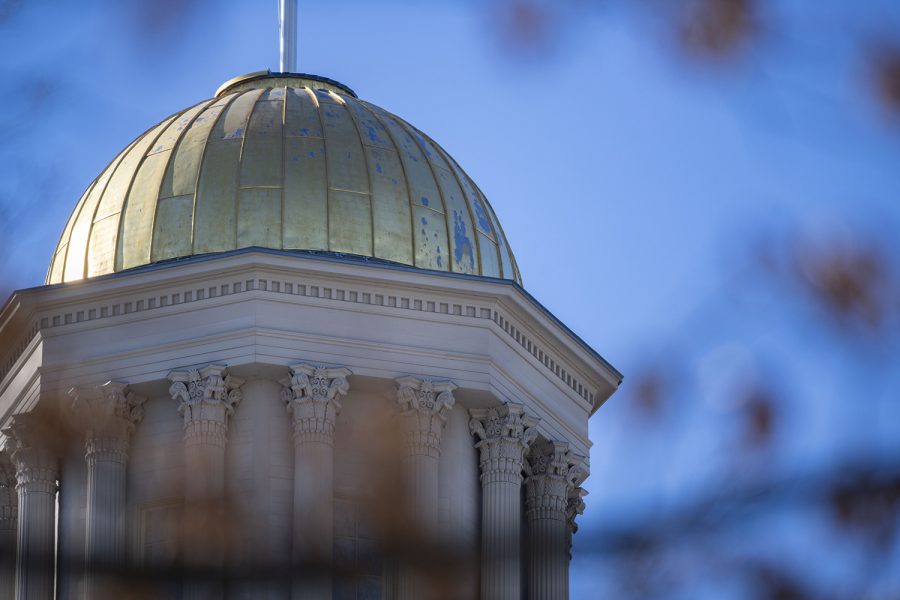Twelve weeks. That’s how many weeks are between the short break provided by Labor Day and the weeklong Thanksgiving break in November. That’s 12 weeks without a sufficient moment to catch one’s breath. Twelve weeks where University of Iowa staff and students receive no reprieve from their tedious and strenuous workload.
Other schools have a brief fall break in October, followed by a shorter Thanksgiving break. The University of Nebraska, Lincoln, gives Oct. 21-22 off, and then Nov. 28-29, with the 27th additionally given as a student holiday.
Although this seems a little stingy, it’s more ideal than what we have at the UI: No breaks for three months, followed by a one-week break, which is then closely followed by a substantial month-long winter break.
Our breaks are far too congested in one spot.
Kelly Danaher, a professor in psychological and brain sciences at the UI, has been at three institutions prior, and all three followed a similar schedule to the University of Nebraska.
“I greatly appreciated the two-day fall break,” Danaher said. “It came after midterms when faculty and students were exhausted from the first eight weeks. A short break at this time can be rejuvenating.”
Second-year student Sophie Conrad concurred with this sentiment, adding, “If I’m going to have three midterm exams, then I better have three breaks too.”
An extra four- or five-day weekend in October — after midterms and before homecoming — could be exactly what the doctor ordered. If it comes at the expense of losing a few days from our Thanksgiving break, then it’s a sacrifice we should be willing to make.
In fact, Danaher added that although having the two-day fall break meant she wasn’t given a full week off for Thanksgiving, she found that this made it easier to return after Thanksgiving break.
“I now find it incredibly hard to finish the last two weeks of the semester after having an entire week off so close to the end,” Danaher said.
An additional break would allow students and faculty to return to their coursework with renewed vigor and commitment and provide time to focus on and replenish mental health after such a demanding time.
In a meta-analysis of research exploring the effects of vacations, Sabine Sonnentag and her colleagues found that vacations have positive effects on people’s health and well-being, including less exhaustion, fewer health complaints, and greater life satisfaction.
It was noted, however, that these positive effects declined over time. Sleeping in on weekends isn’t a cure for chronic sleep deprivation. Additional breaks here and there are not a fix-all for burnout and stress.
There must be action taken by students and staff as well to maintain a healthy balance. More short breaks every so often, paired with student action to improve their well-being and relationship with school, is the ideal.
Students can also take the initiative to build their own small-scale breaks into their daily schedules. When taking a few days off isn’t possible, we must make time when we can, how we can.
Whether it’s emerging from your dorm to have lunch with friends, taking a brisk walk along the Iowa River — if you enjoy braving the cold — or having a movie night with your roommate, these are similarly beneficial as more substantial breaks.
We all need a moment to just relax and enjoy autumn — to see family and friends, watch scary movies, and frolic through the leaves without the looming fear and stress of deadlines and exams.
The UI needs to add an additional fall break into the schedule for the benefit of everyone’s well-being on campus.
UI student? She’s not coming up on the directory



